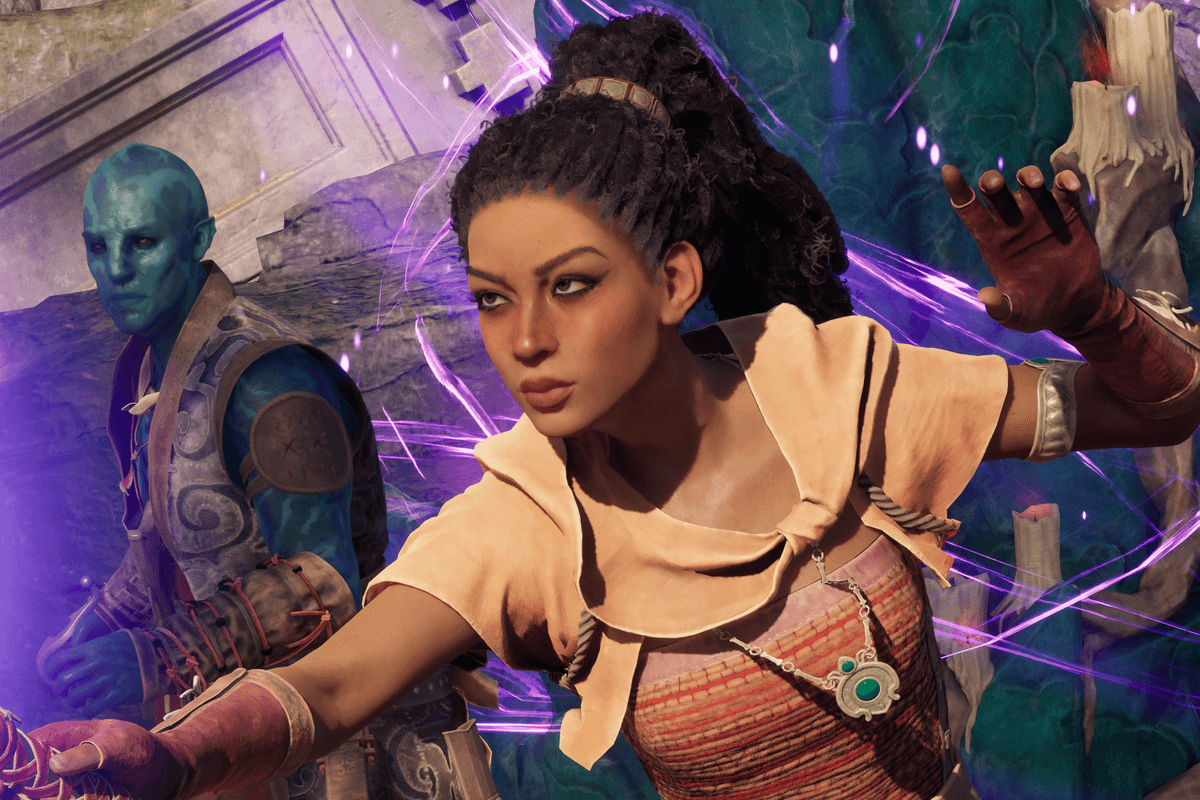Greg Evans
Nov 03, 2020
Few television shows in recent years have managed to capture the public's imagination quite like Game of Thrones.
The HBO show based on the popular series of books by George RR Martin was one of the most-watched and discussed shows on television until it was brought to a rather disappointing conclusion last year.
That being said a fantasy show featuring dragons, ice zombies, bloody violence and gratuitous sex scenes doesn't sound like the formula for a winning show. Maybe a cult show at best...
So, what made so many people become completely obsessed with Game of Thrones, and can science shed any light on this?
A team of psychologists and mathematicians from prestigious universities like Oxford and Cambridge specifically focused on the A Song Of Ice And Fire novels and found that the way that the numerous characters interacted over the 4,000+ pages was very similar to the way that we interact with each other in the real world and how we confront problems and challenges.
There are more than 2,000 characters in the books but the study found that each of them only interacted with 150 other characters which is about the average that the human brain is capable of dealing with. This is also helped by the fact that each chapter of the book is written from a different character's perspective, giving us a unique look into how they would deal with the conflicts they are facing.
The findings of the study were published in a paper that can be read on the Proceedings of National Academy of Sciences and saw the team of five experts analyse the interactions of the 24 POV characters in the series, which include Cersei Lannister and Jon Snow and how their relationships play into something called 'network theory' which is a study of how individual objects or people can be connected.
Dr Joseph Yose of Coventry University is quoted as saying:
I am excited to see the use of network analysis grow in the future, and hopefully, combined with machine learning, we will be able to predict what an upcoming series may look like.
Professor Colm Connaughton of the University of Warwick added:
People largely make sense of the world through narratives, but we have no scientific understanding of what makes complex narratives relatable and comprehensible. The ideas underpinning this paper are steps towards answering this question.
The paper also notes that this method of telling the story stopped readers or viewers from getting confused by the number of characters they were being asked to keep up with or Martin's habit of randomly killing off major characters.
Thomas Gessey-Jones, a PhD student at the University of Cambridge said in a statement:
The methods developed in the paper excitingly allow us to test in a quantitative manner many of the observations made by readers of the series, such as the books famous habit of seemingly killing off characters at random.
Although the Game of Thrones has been long left our screens, the books remain unfinished much to the chagrin of many fans. That being said, it shouldn't distract from the writing talents of Martin, who is praised by Robin Dunbar, a professor at Oxford University.
This study offers convincing evidence that good writers work very carefully within the psychological limits of the reader.
The paper might also be able to offer an insight into how people perceive the world through narratives. Professor Ralph Kenna of Coventry University adds:
This kind of study opens up exciting new possibilities for examining the structure and design of epics in all sorts of contexts; impact of related work includes outcry over misappropriation of mythology in Ireland and flaws in the processes that led to it.
So there you go, it wasn't just the engrossing stories that kept you going back for more. It was realism too.
Top 100
The Conversation (0)














